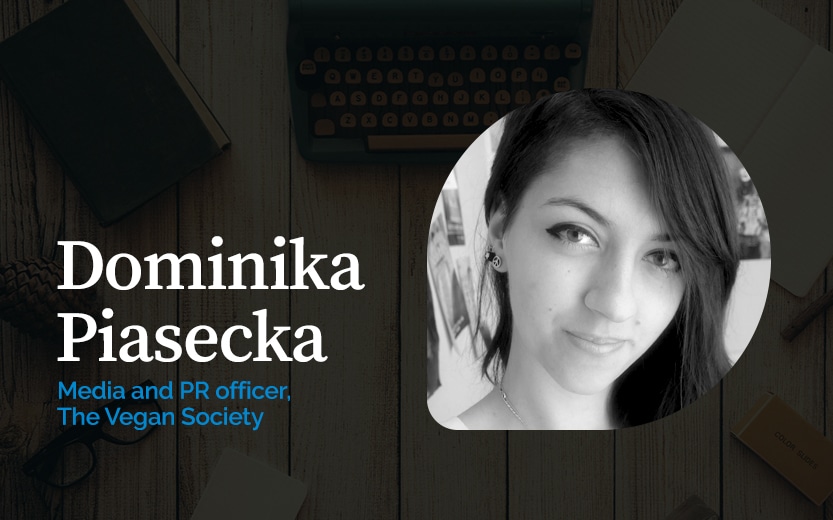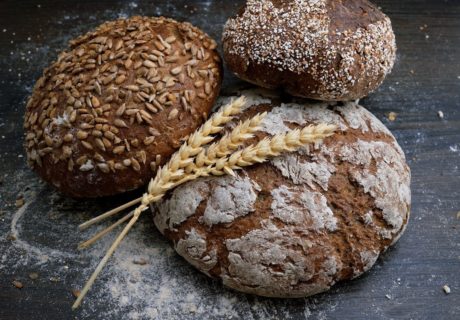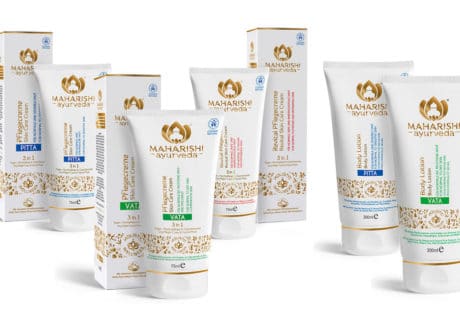Scrolling through beautifully arranged Instagram meals or flicking through the latest colourful plant-based cookery book, you might think veganism is another food trend or the latest fad diet. In fact, it is a lifestyle choice with animal rights at its core and it encompasses avoiding many other ways in which animals are used, such as in testing (makeup and beauty products), for clothing (leather and wool) or entertainment (zoos and circuses).
Veganism is the moral conviction that killing animals is wrong, so our diet is just an extension of this and just one way in which we express this conviction. All diets are individual, so you’ll come across health vegans who live off salads and juices, junk food vegans who live off chips and burgers, and most vegans who are somewhere in the middle.
How can health food businesses and retailers navigate this space?
Links with other movements
While closely interlinked with other movements such as clean eating, zero waste and natural beauty, veganism in itself is simply about avoiding ingredients derived from animals. You’ll find that many cosmetic brands that produce vegan items also strive to be kind to the planet, because these values go in hand and many vegans care about these issues too.
Similarly, you’ll see many food companies promoting healthy and natural vegan meals, however it’s important to bear in mind not every vegan is a health vegan. Many of us enjoy the occasional treat such as vegan junk food – we like to eat the same things as other people but without animal products, so you’ll find us munching on burgers, pizzas, hot dogs, deep fried meat alternatives, dairy-free milkshakes and more.
Veganism has to some extent been appropriated by the clean-eating movement which isn’t necessarily a problem because vegan food can be very healthy, but using these terms interchangeably might confuse some people. We find that most people are vegan for the animals, with health concerns being further down the line.
Health benefits
You can get everything your body needs on a vegan diet – you actually end up eating much more fruit and vegetables which has amazing health benefits. The British Dietetic Association states that a vegan diet is suitable at any age or life stage, including pregnancy, infancy and older age.
Eating a balanced vegan diet helps to limit saturated fat and get plenty of fibre, vitamins and minerals. Research shows vegans have lower blood pressure, lower chances of getting heart disease, type 2 diabetes and some types of cancer. This is partly because animal products, unlike vegan food, contain a significant amount of cholesterol and saturated fat.
Customers demand healthy food
As veganism is a lifestyle rather than a diet, the dietary aspect can be very different from one vegan to another. Many people wrongly assume that veganism is about healthy eating or natural ingredients, but at its core it’s about avoiding the use of animals. This can make things tricky for health food companies that want to target their products at vegans.
While we have seen an increase in vegan junk food options and convenience foods, healthy plant-based diets are still very much a thing. Sales of organic food are rising and customers not only demand healthy food, but will pay more for it too.
This increasing awareness about food and the desire to live a healthier lifestyle is a great opportunity for the healthy food industry to take an advantage of.
Marketing at vegans
You don’t have to motivated by health concerns to enjoy healthy vegan food. Such products are inclusive of everyone, whether they’re vegan, vegetarian, lactose intolerant, an environmentalist, a follower of a certain religion, or simply want to eat better and more plant-based.
The good news is that most vegan products tend to still be relatively healthy despite being processed, and many of those that are processed aren’t treated too heavily. Let’s not forget about the environmental footprint – an animal must eat and drink, as well as produce waste, which adds up to a lot of emissions throughout their lifetime.
As a business you need to ask yourself what your priority is: providing healthy food or providing food that doesn’t harm animals? If it’s the latter, it’s great that you see the bigger picture and how animal-free foods can benefit our society. But if it’s the former, you might just find yourself missing out on an increasingly profitable market.





